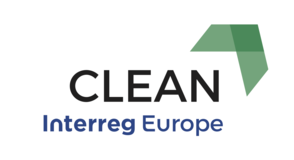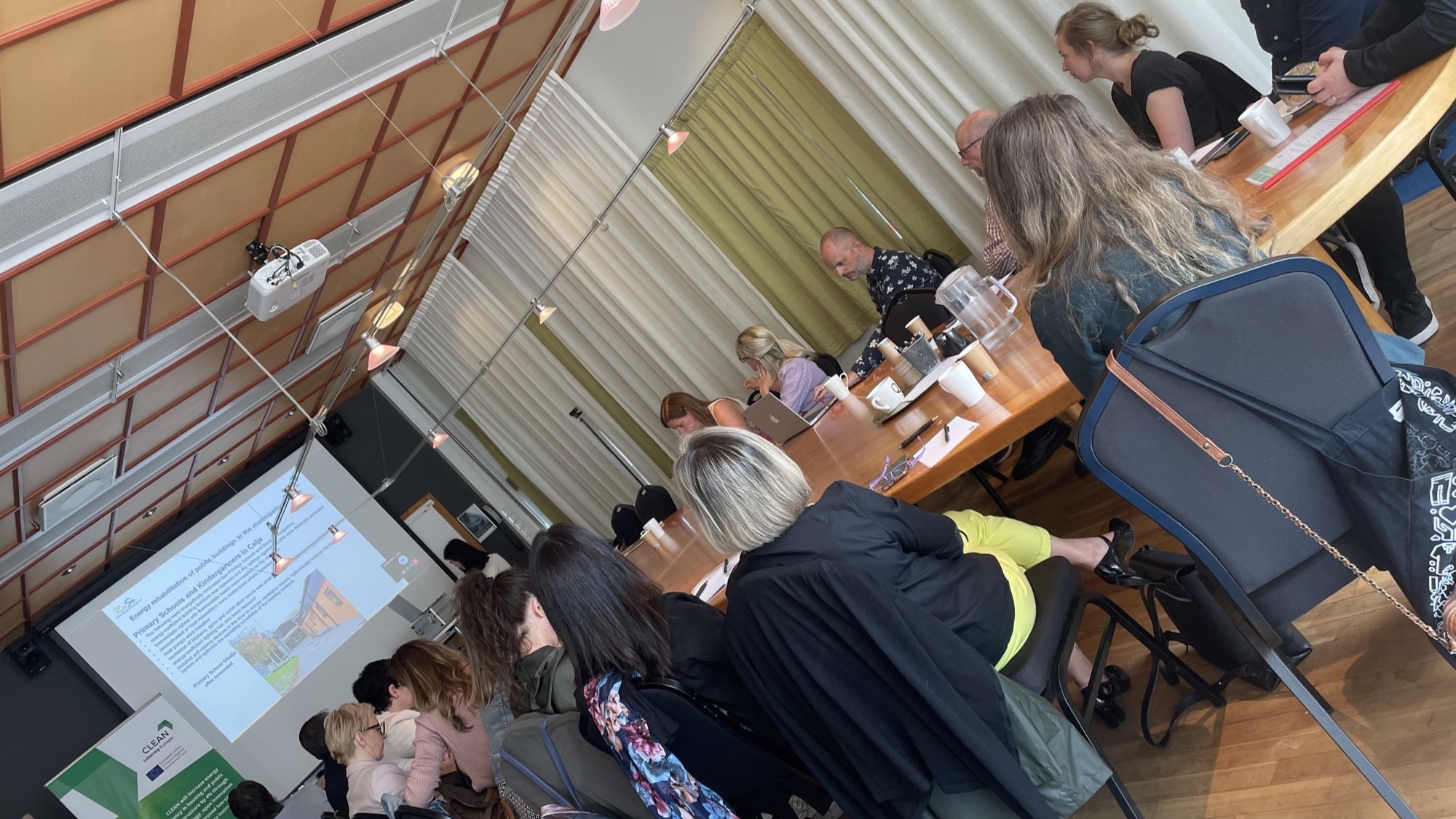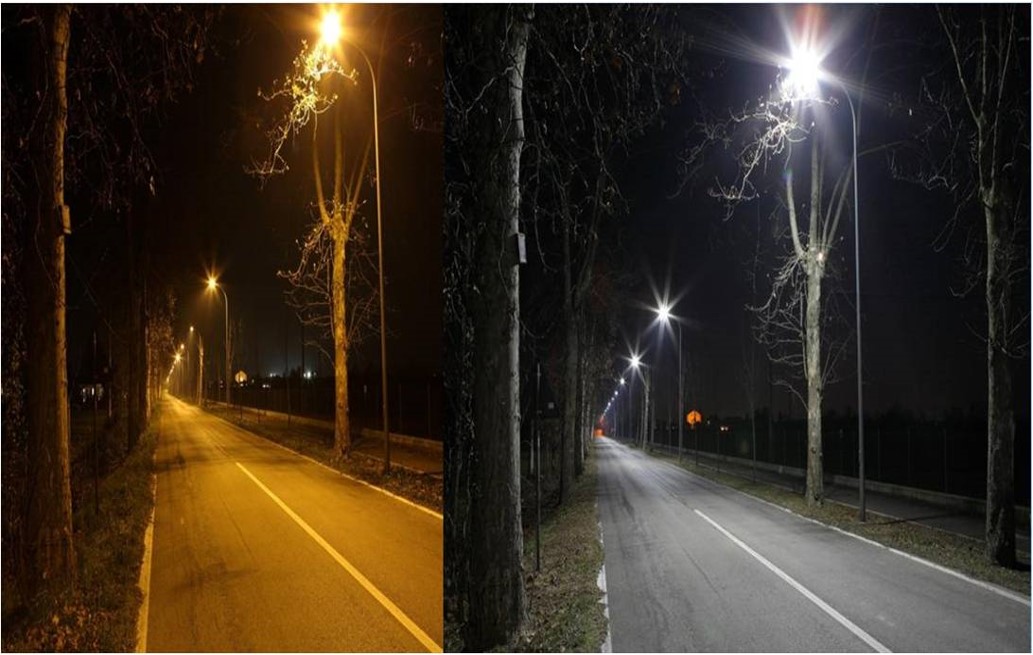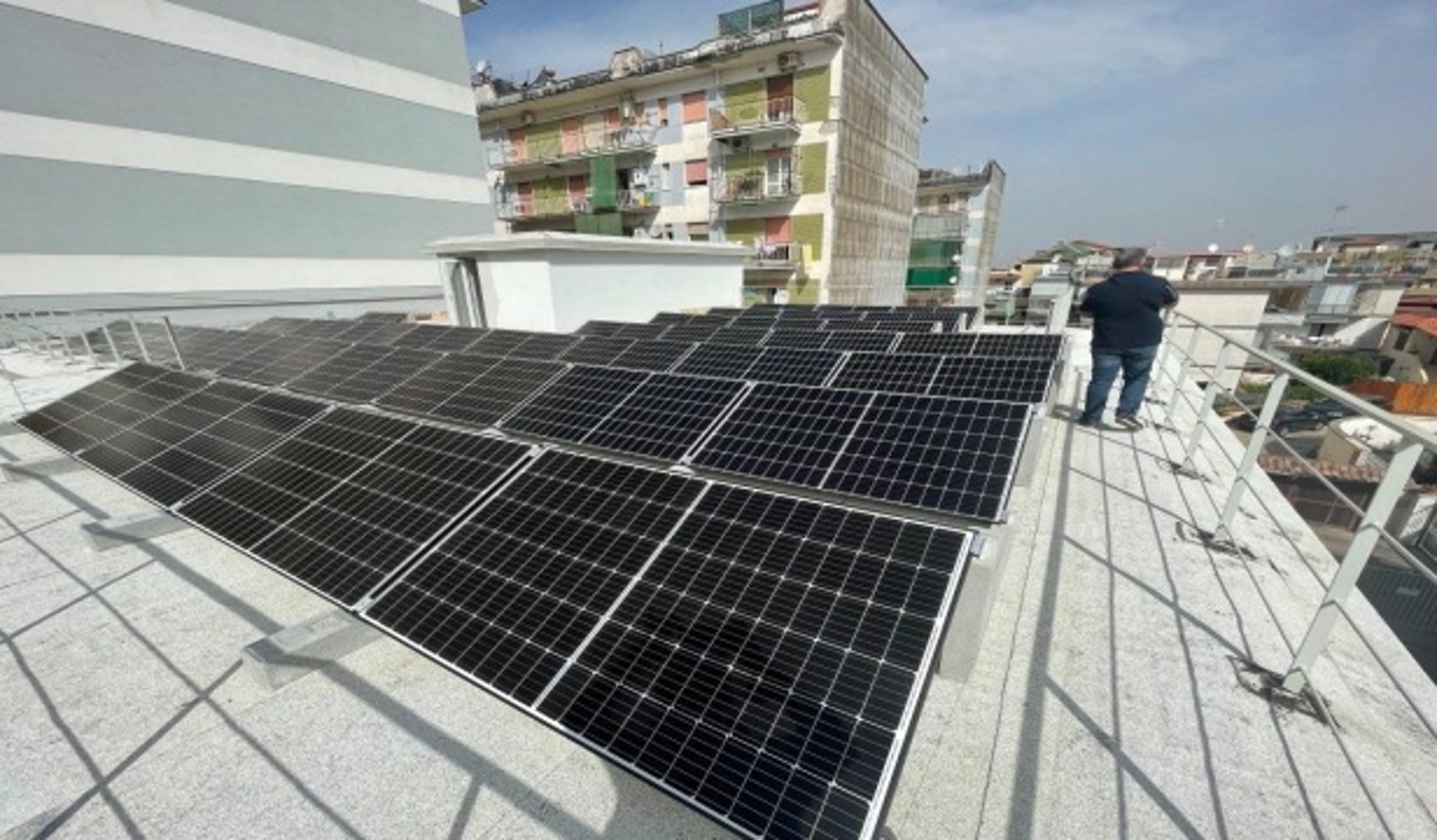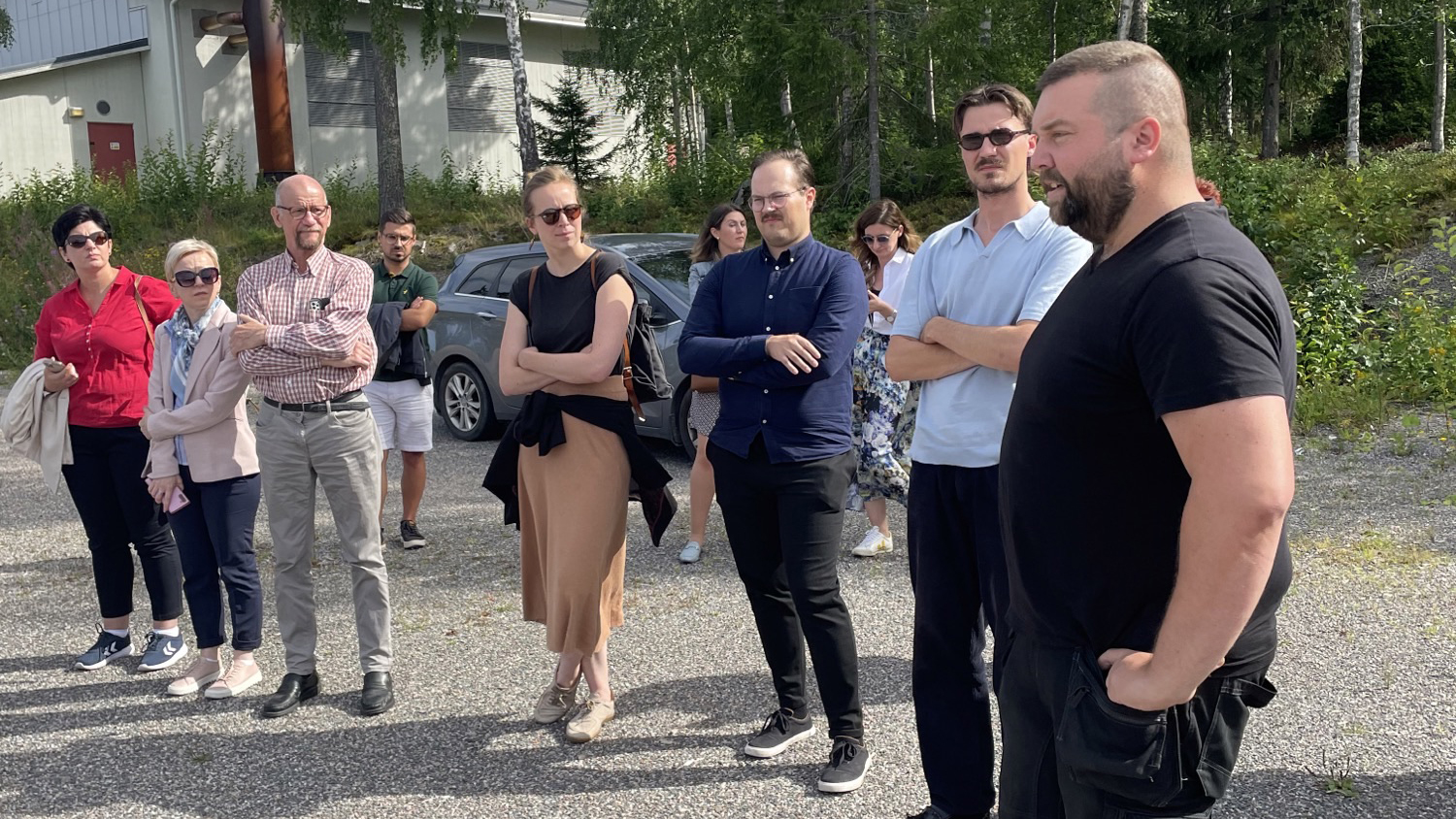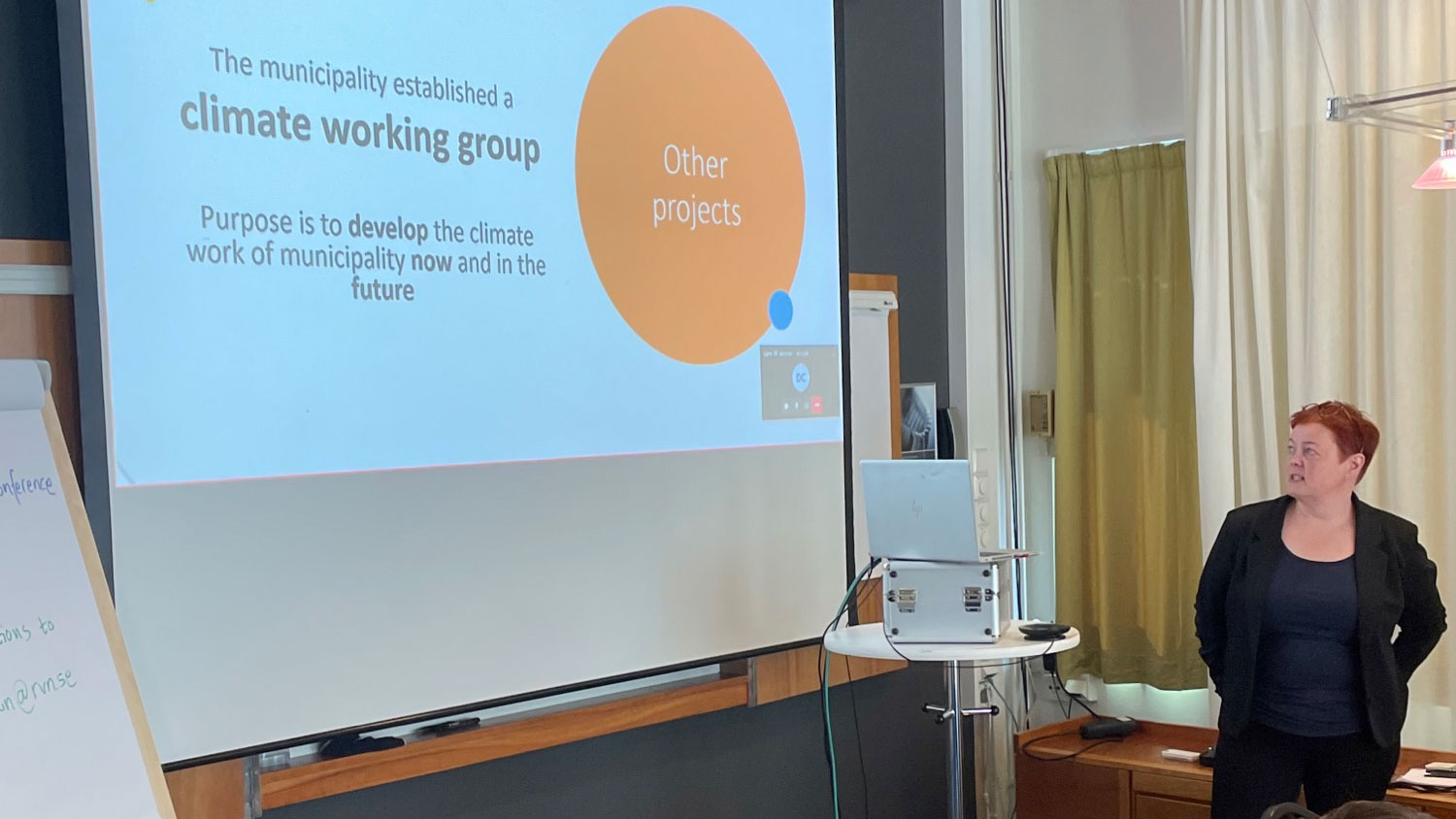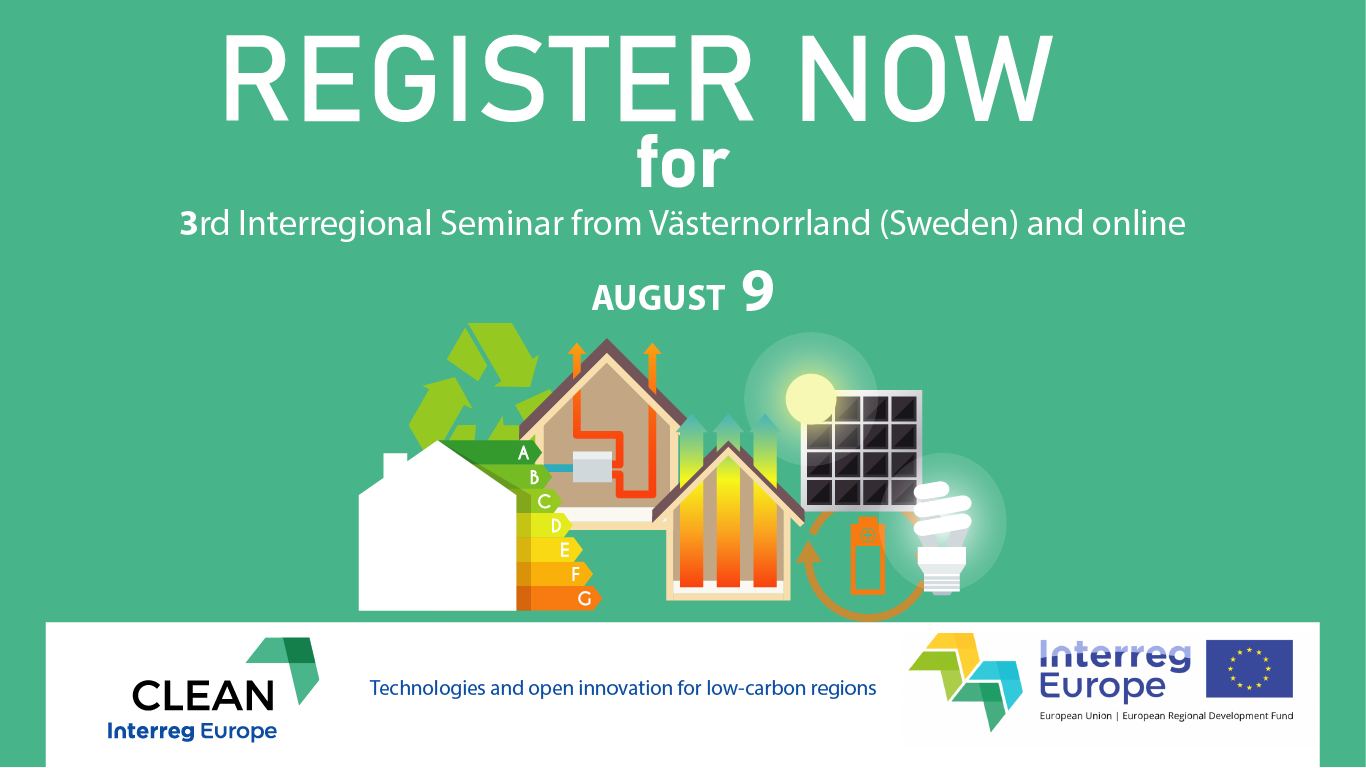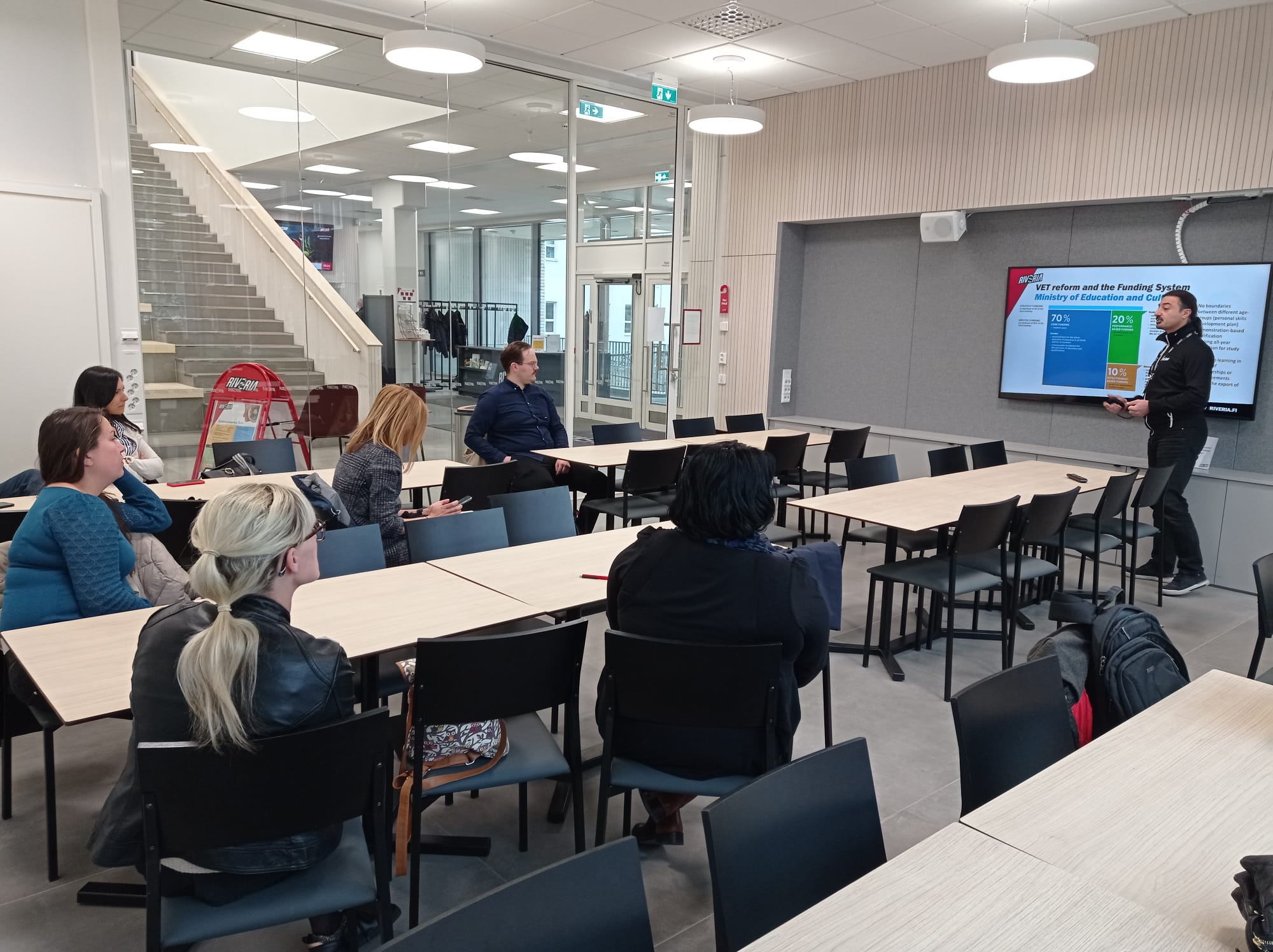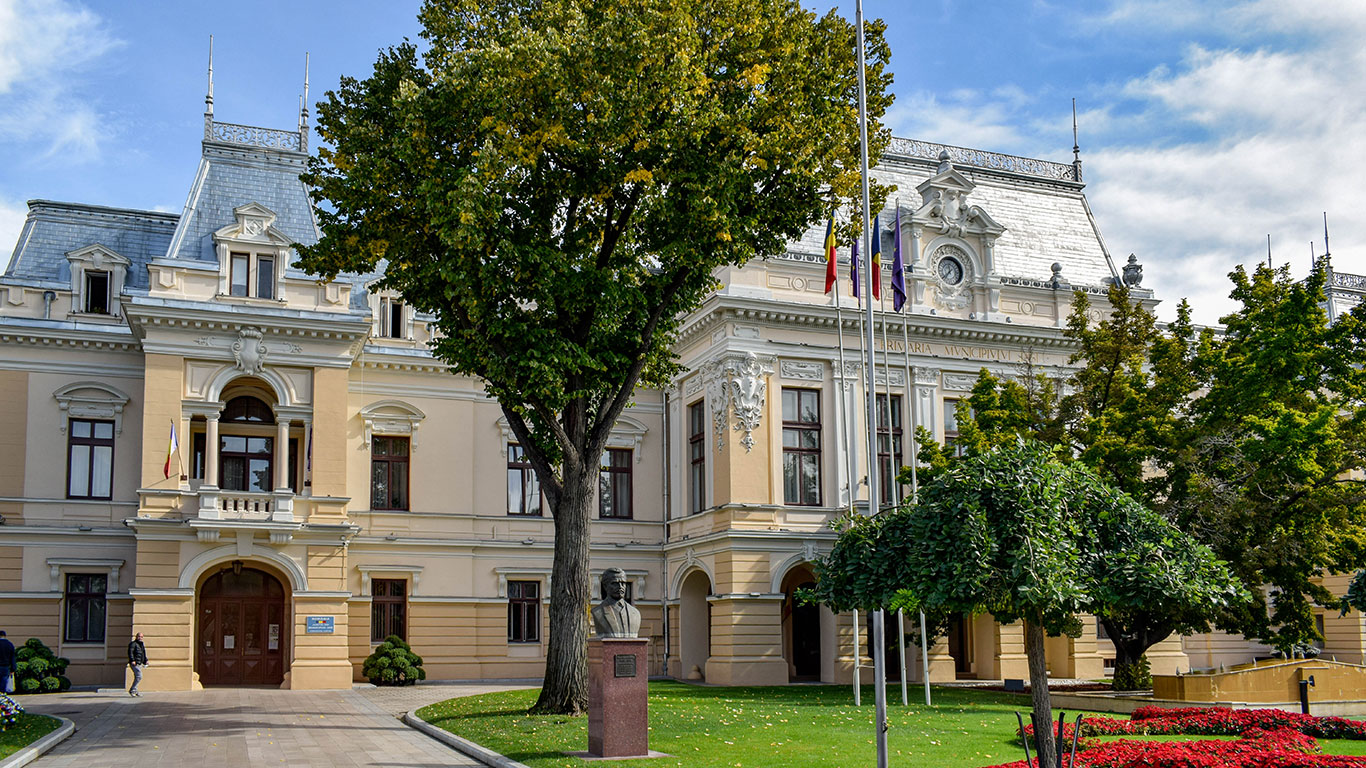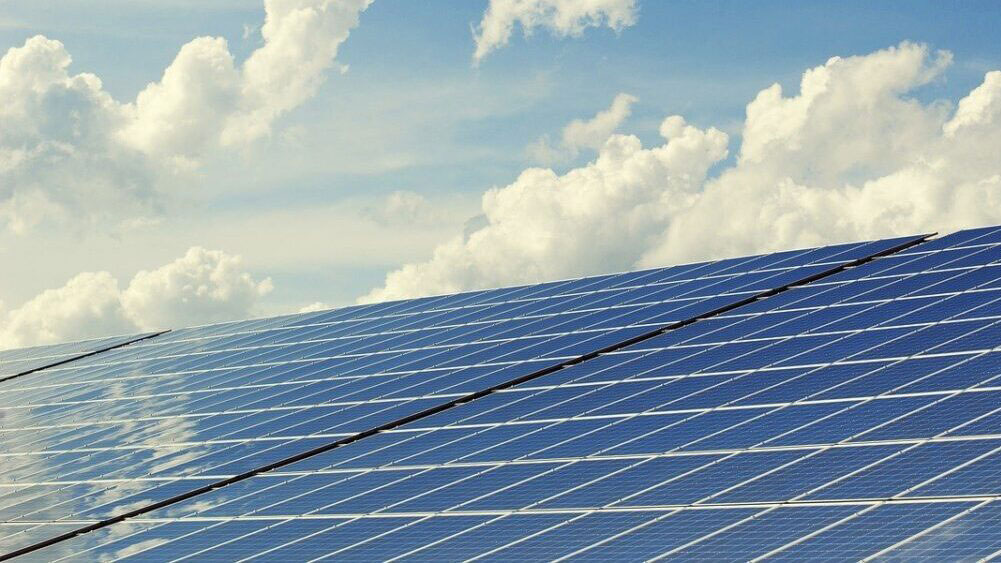CLEAN project partners are busy developing their Regional Action Plans. This week we speak with project partners Tiina Luukkonen and Aino Heikura from Regional Council of North Karelia (Finland) to find out more about the RAP that they are implementing.
What is the full name of your Action Plan? “Towards Carbon Neutral North Karelia with Renewables and Energy Efficiency”.
What is the aim? The aim is to increase energy efficiency, the use of renewable energy sources and the regional coordination of energy and climate issues in North Karelia.
And, what will be the main output? The main output will be projects that employ ICT based energy management systems and solar energy, and a coordination group that will lead emission mitigation work in the region.
What is the name of the policy instrument or instruments addressed? Our Regional Action Plan addresses two policy instruments: the Sustainable Growth and Jobs 2014–2020 – Structural Funds Programme of Finland and the Regional Strategic Programme of North Karelia with its sub-strategy Climate and Energy Programme of North Karelia.
What would you highlight from the policy framework? Both policy instruments support the move towards renewable energy sources, but there is a need for more concrete examples and emphasis on low-carbon solutions and energy efficiency.
Could you tell us a little bit about the background of your action? Our action plan includes two actions:
- A new education centre is currently being built in Tohmajärvi municipality (the construction site of this action in the picture) and it will include an ICT-based energy management system to ensure energy efficiency and photovoltaic panels to produce enough electricity for the ventilation. Real-time information on energy consumption and solar power production will be shared with the staff, students and visitors once the centre is operational in 2021. The centre was procured using a competitive dialogue procedure, which allowed the municipality of Tohmajärvi and the contractor Lujatalo Oy to set ambitious environmental targets for the whole project. This action was influenced by the energy efficient Velenje School Centre in Slovenia, which was presented as a good practice by the CLEAN project partner Development Agency of Savinjska Region.
- North Karelia aims to join the national Hinku Network (i.e. Carbon Neutral Municipalities Network), which now accepts whole regions as members. The Hinku Network consists of municipalities, regions, businesses, citizens and experts, who work together to reduce greenhouse gas emissions by 80% from the 2007 level by 2030. A membership in the Hinku Network will give North Karelia useful tools to reduce emissions, such as contact with other players in the field, information and support, and access to research and development projects. The network requires a regional multisectoral coordination group, which will create an annually updated emission mitigation plan. Research on emission levels, energy consumption and geo-energy potential has been conducted by the CLEAN project in preparation for the emission mitigation plan. Inspiration was drawn from the Sustainable Energy Action Plan (SEAP), which was presented as a good practice by the CLEAN project partner Naples Agency for Energy and Environment.
Why did you choose these specific actions? These two actions demonstrate how different approaches can work towards the same goal of cutting emissions in North Karelia. Members of the CLEAN stakeholder group are in central roles in both of these actions and the CLEAN project has provided important information for them.
What is the impact that you are expecting? The CLEAN project has already prompted changes to the policy instruments and we expect to see more once the addressed programmes are updated. The first action provides a good example of an ICT-based energy efficiency solution and use of renewable energy sources, and the second improves regional governance of climate and energy issues.
Which players are involved? The municipality of Tohmajärvi procures the education centre from the contractor Lujatalo Oy. The Regional Council of North Karelia along with municipalities and other players in different sectors will work towards joining the Hinku Network as a region and reaching the emission target.
How are you going to monitor it? The Regional Council and the stakeholder group are the responsible parties in these actions and they will monitor the progress and the results during the second phase of the CLEAN project and beyond. Changes to the addressed policy instruments and any new projects, which are inspired by these actions, will also be monitored.
